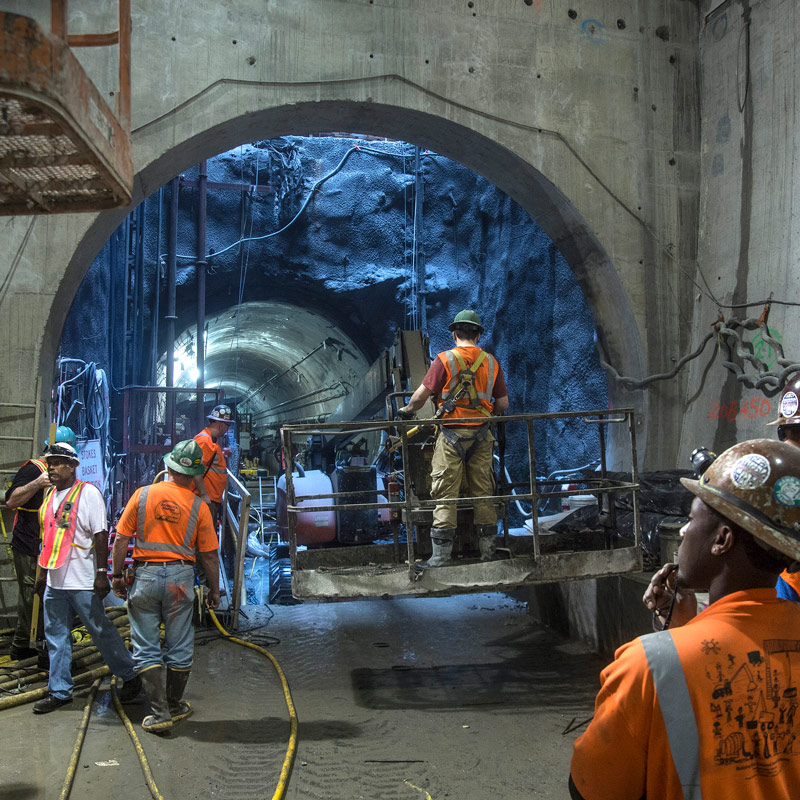-

- 1
- 2
- 3
- 4
- 5
Most of the public institutions that govern the region were established in a different era. Because of this legacy, the region’s 782 municipalities are responsible for critical decisions about land use, property taxes, and schools—despite this structure increasing costs, inducing sprawl, and exacerbating inequality. Our transit system, for example, is technologically outdated and cannot keep pace with a growing ridership, as the institutions that oversee the subways, trains, and buses are not empowered to properly invest in and upgrade infrastructure. When faced with new challenges such as climate change, public institutions are slow to take action, and do so piecemeal and without adequate funding.
Solving such daunting problems will require public officials and citizens to reassess fundamental assumptions about public institutions. Empowered to serve the region and its residents, these bodies can and should be reformed to accelerate progress toward solving today’s major challenges of affordability, infrastructure investment, and climate change resilience.